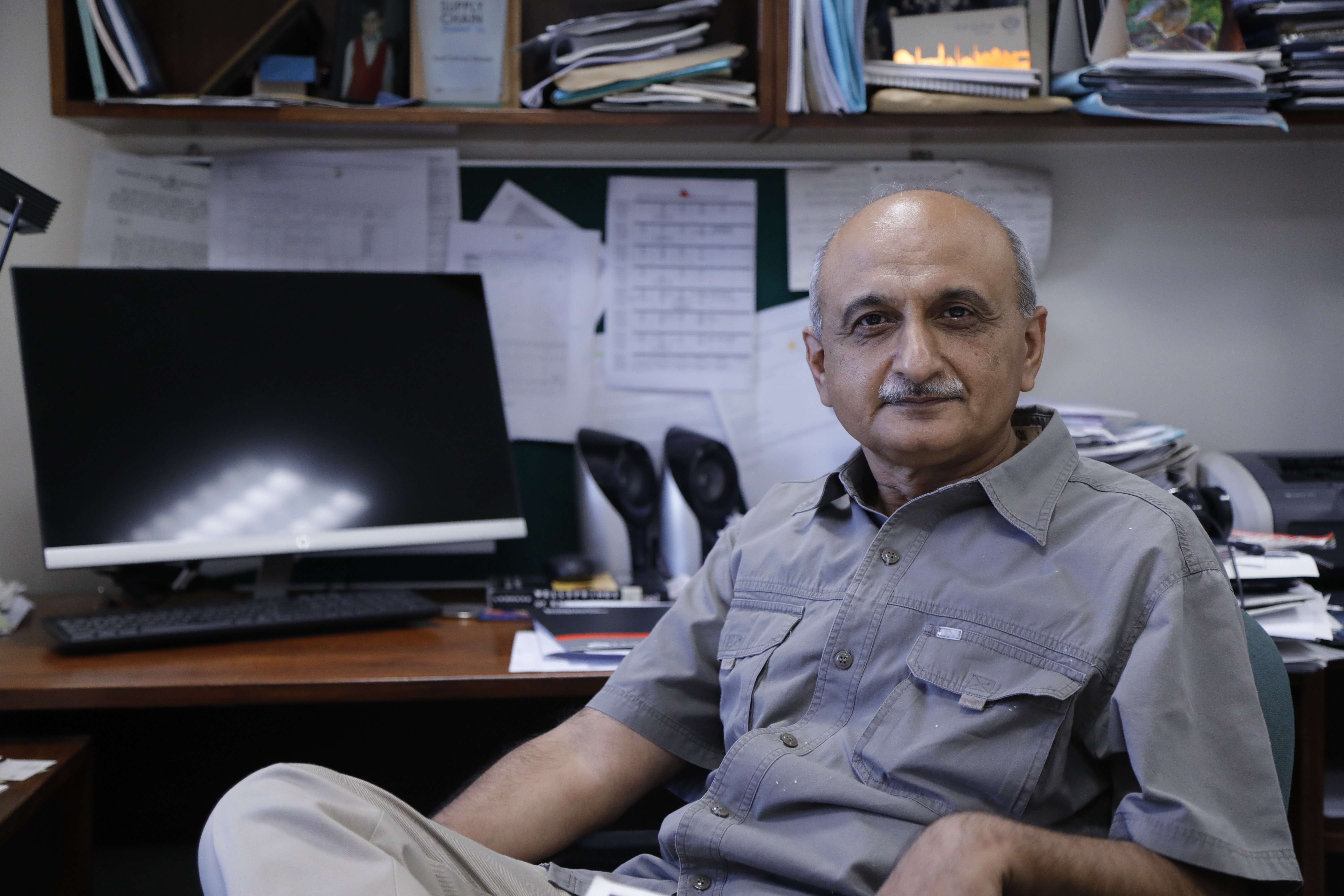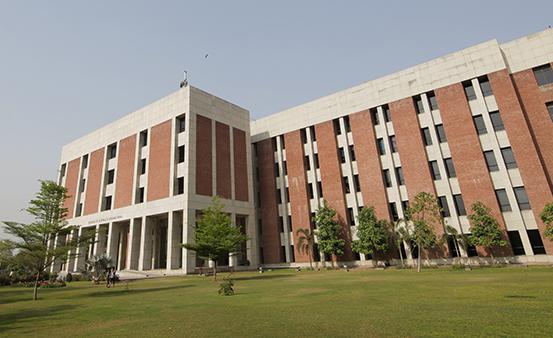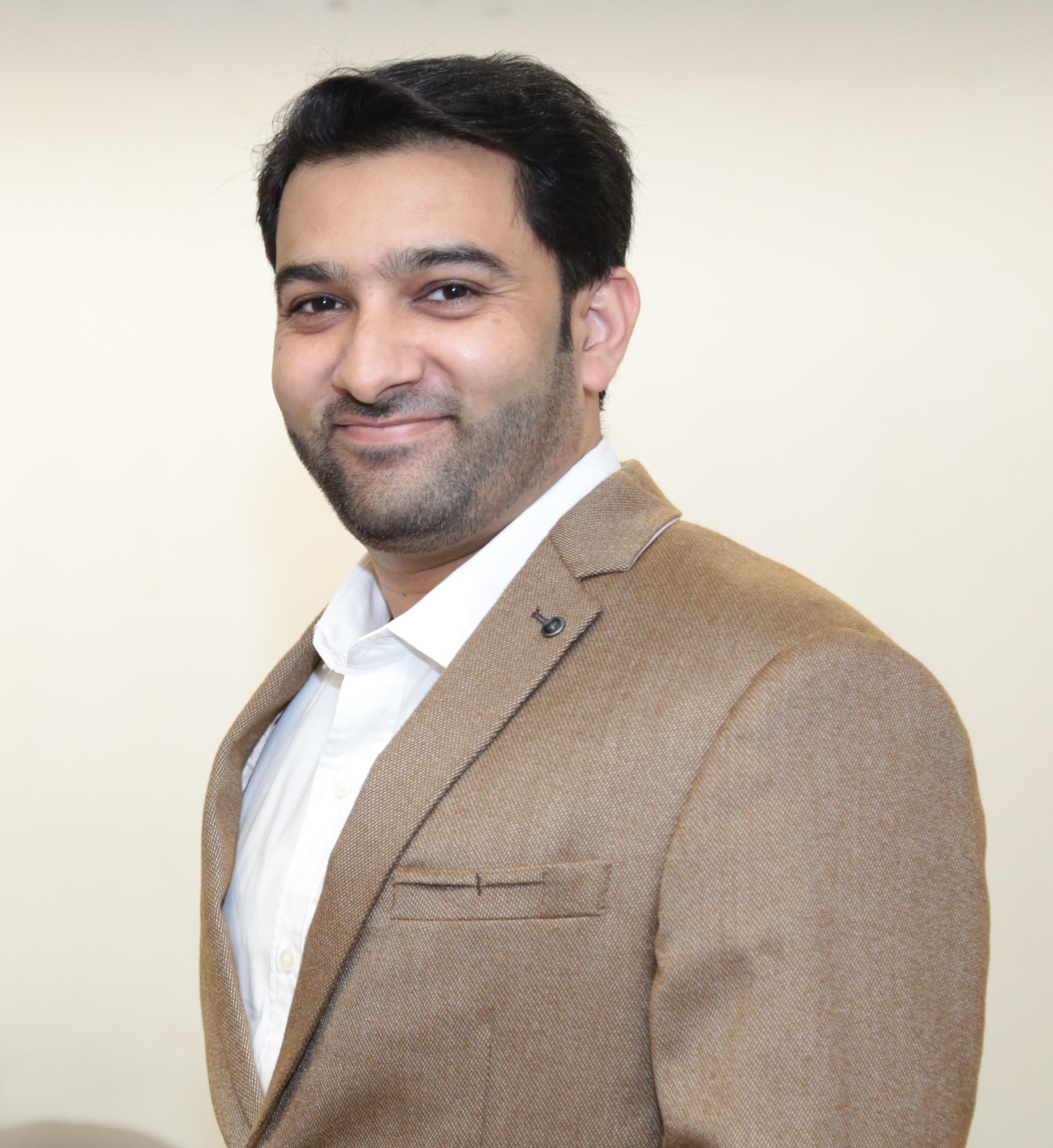
With growing competition and related challenges, it has become very important for organisations to articulate their aspirations to effectively align and motivate both their internal and external stakeholders. In Pakistan, many business groups have expanded in different business sectors but have not been able to develop clearly articulated group identities and aspirations.
Companies in a leading business group of Pakistan (that has a range of companies headquartered in Karachi and Lahore) worked quite independently with very little in common except for some level of shared ownership, approached Dr. Syed Zahoor Hassan to lead the effort for the formulation of a shared group mission, vision and core values.
“To me, it seemed quite worthwhile because I believed that these set of companies as an integrated entity with shared aspirations, could generate more value through more effectively leveraging business opportunities, and attracting and retaining top-quality talent,” explains Dr. Hassan.
The first challenge was to convince the senior management at various group companies that an overall group level approach will bring value to all concerned. Interestingly, most individuals working in these companies had been working in the same business units for many years and had not moved across companies. Moreover, in order to develop a deeper commitment to this initiative across and within the organisations, a bottom-up approach was followed. Each company was asked first to internally discuss and come up with their respective core values, mission and vision statements.
Workshops were held in Karachi and Lahore to develop motivation for the need to have group level aspirations and develop initial drafts of the shared aspirations. These drafts were separately discussed and debated in each company with the help of the Group HR. Feedback from the companies was then used by a team of senior managers from across the companies to arrive at the final version of draft aspirations and identify the tasks for implementing the agreed core values.
Dr. Hassan explained that this exercise created a shared way of looking at things as more than 50 senior managers from different industries, cities (including Lahore and Karachi) and from different backgrounds and experiences came to work together. For example, people who had spent their entire career at this group and were more accustomed to the old ways of working at group companies and those who had been recently inducted and also came from different sectors worked together in this exercise. This helped create a new group identity that leveraged a broad range of perspectives. It also helped evolve a better appreciation for the opportunities and challenges that the group needed to address collectively and fostered a sense of common purpose and camaraderie among senior managers in the group companies. In this process, Dr. Hassan’s main objective was to structure and guide the discussions so that a shared consensus could emerge.
Reflecting on this project, Dr. Hassan said, “It was my extensive experience, past exposure and relationships with a wide range of senior executives from different industry sectors that enabled me to manage this whole process. At the same time, this project also helped me develop a deeper understanding of the various businesses that this group is involved in. I probably gained equally from this project as such projects offer great two-way learning opportunities. The insights gained from such projects have helped shape the themes of my MBA elective course, Strategy and Management in Developing Economies.”








